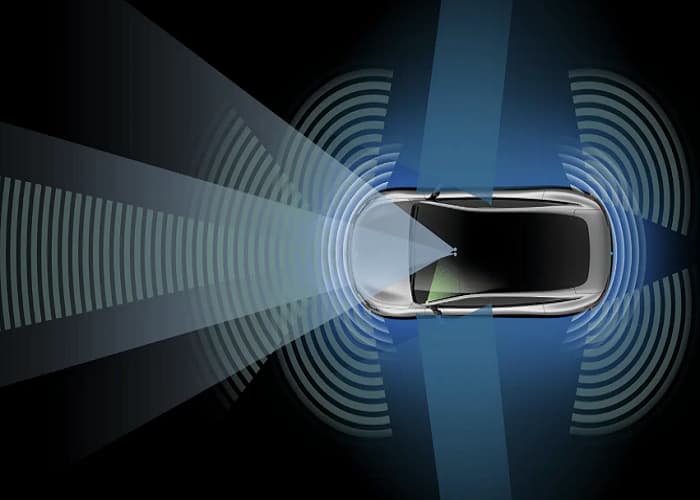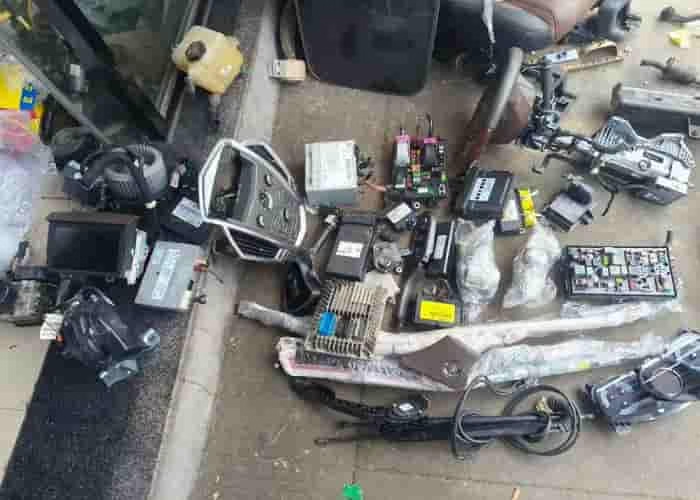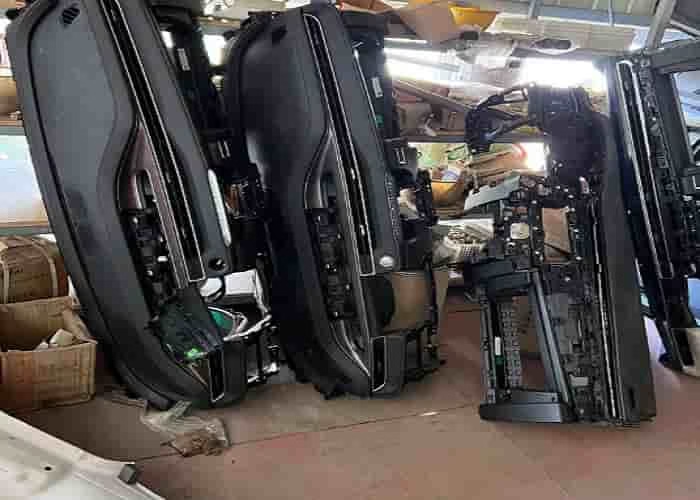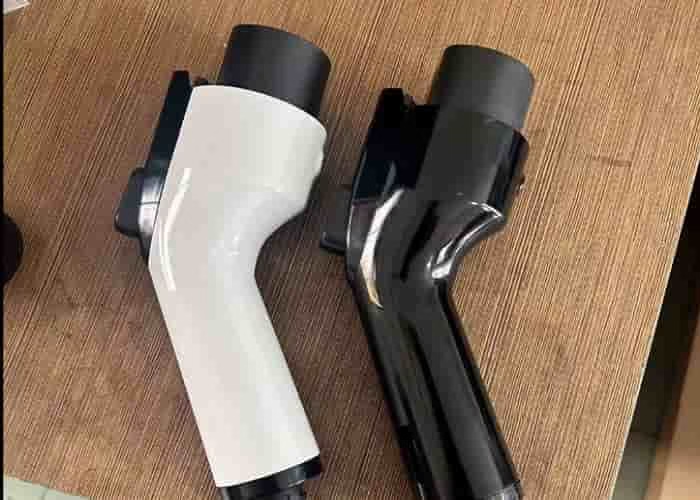Are Laser Radar Detectors Legal? The legality of laser radar detectors—devices designed to alert drivers to police speed enforcement—varies widely across jurisdictions, reflecting differing priorities in traffic safety and law enforcement. While some regions permit their use, others impose strict bans. Understanding these regulations is critical for drivers seeking to avoid fines or legal penalties.
United States: A Patchwork of State Laws
In the U.S., radar detector laws are determined at the state level, creating a complex legal landscape. As of 2024:
Allowed with restrictions: States like Virginia and Ohio permit radar detectors in passenger vehicles but prohibit their use in commercial trucks.
Banned outright: Washington D.C. and Virginia’s “radar detector ban” zones near federal facilities (e.g., the Pentagon) criminalize their possession.
Laser-specific rules: While traditional radar detectors are often legal, some states explicitly ban devices that detect laser (LIDAR) guns, which are harder to counter and favored by law enforcement.
Federal law, however, does not prohibit radar detectors in passenger vehicles, meaning states must enact their own bans. Enforcement can be inconsistent, with police prioritizing speeding violations over detector possession in most cases.
Europe: Stringent Restrictions
European nations generally take a tougher stance. For example:
France and Germany: Ban all radar detectors, treating them as tools to evade police.
The Netherlands: Allows detectors but prohibits devices that jam or interfere with police equipment.
UK: Legal for private use but banned in commercial vehicles.
The European Union has considered EU-wide bans due to concerns that detectors undermine road safety. Advocates argue they encourage recklessness, while opponents cite driver privacy and the right to avoid “speed traps.”
Canada and Australia: Mixed Approaches
Canada: Provincial laws vary. Alberta and British Columbia allow radar detectors, while Quebec bans them in heavy vehicles.
Australia: Radar detectors are legal in most states, but laser jammer technology is strictly prohibited.
Why the Controversy?
Opposition to radar detectors stems from the belief they erode traffic law effectiveness. Law enforcement agencies argue that detectors enable drivers to evade accountability, increasing risks on roads. Proponents counter that speed limits should be set scientifically, not enforced through “gotcha” tactics, and that detectors promote driver awareness rather than recklessness.
The Future of Laser Detection Technology
As laser guns become more prevalent, legal battles over detection devices may intensify. Some U.S. states are exploring bans on laser-specific detectors, while manufacturers develop “stealth” technologies to evade detection. Meanwhile, advocacy groups push for uniform federal standards to clarify legality.
Practical Advice for Drivers
Research local laws: Check state/provincial statutes and federal regulations (e.g., military bases often ban detectors).
Avoid jamming devices: These are universally illegal and may carry felony charges.
Use responsibly: Even in legal areas, detectors should not be a license to speed—obey posted limits to avoid tickets or accidents.
In conclusion, the legality of laser radar detectors hinges on location. While some regions embrace them as tools for driver awareness, others view them as threats to public safety. Always prioritize compliance with local laws and responsible driving habits. When in doubt, consult legal counsel or law enforcement—your wallet (and license) will thank you.
















Leave a Reply